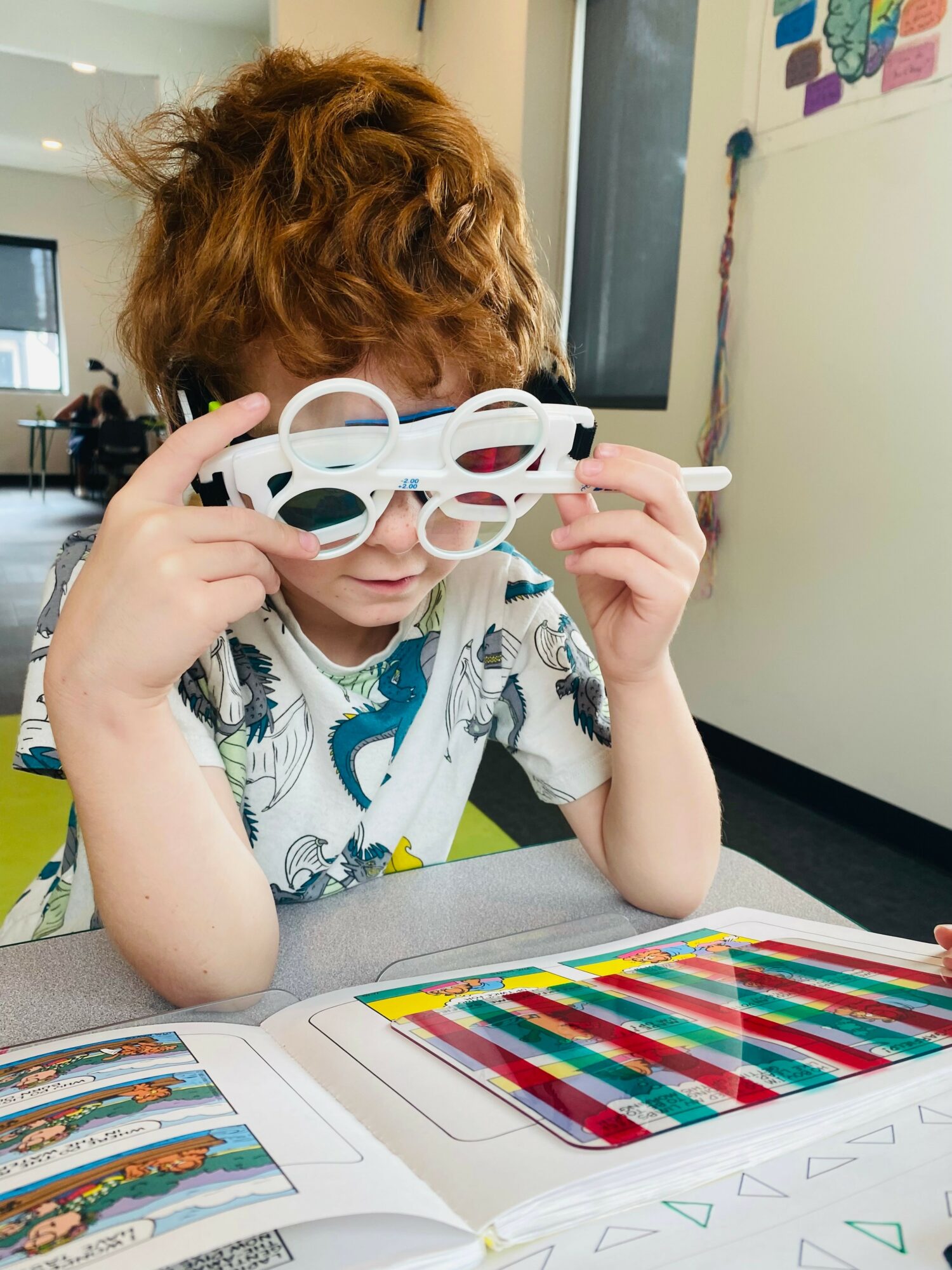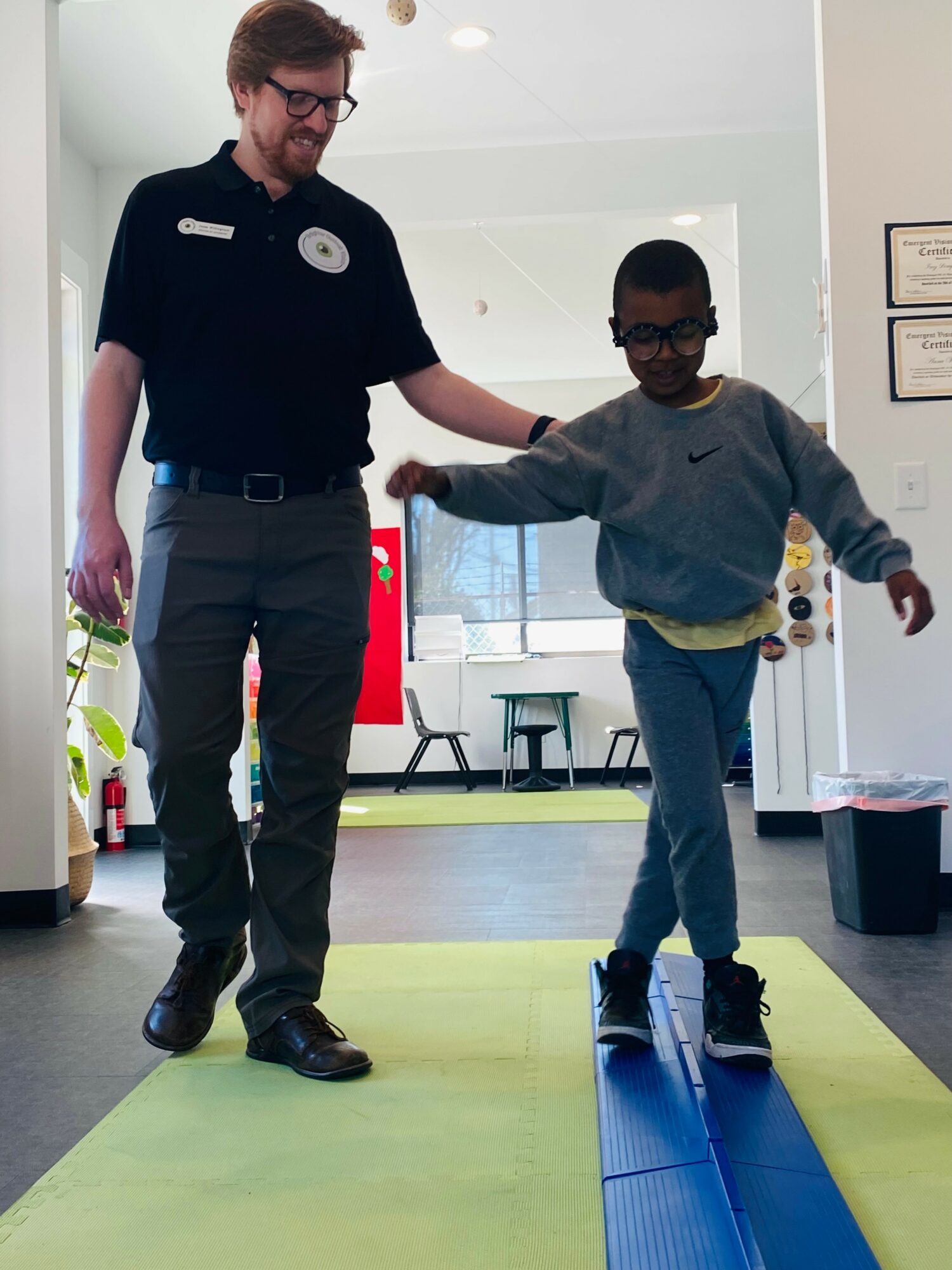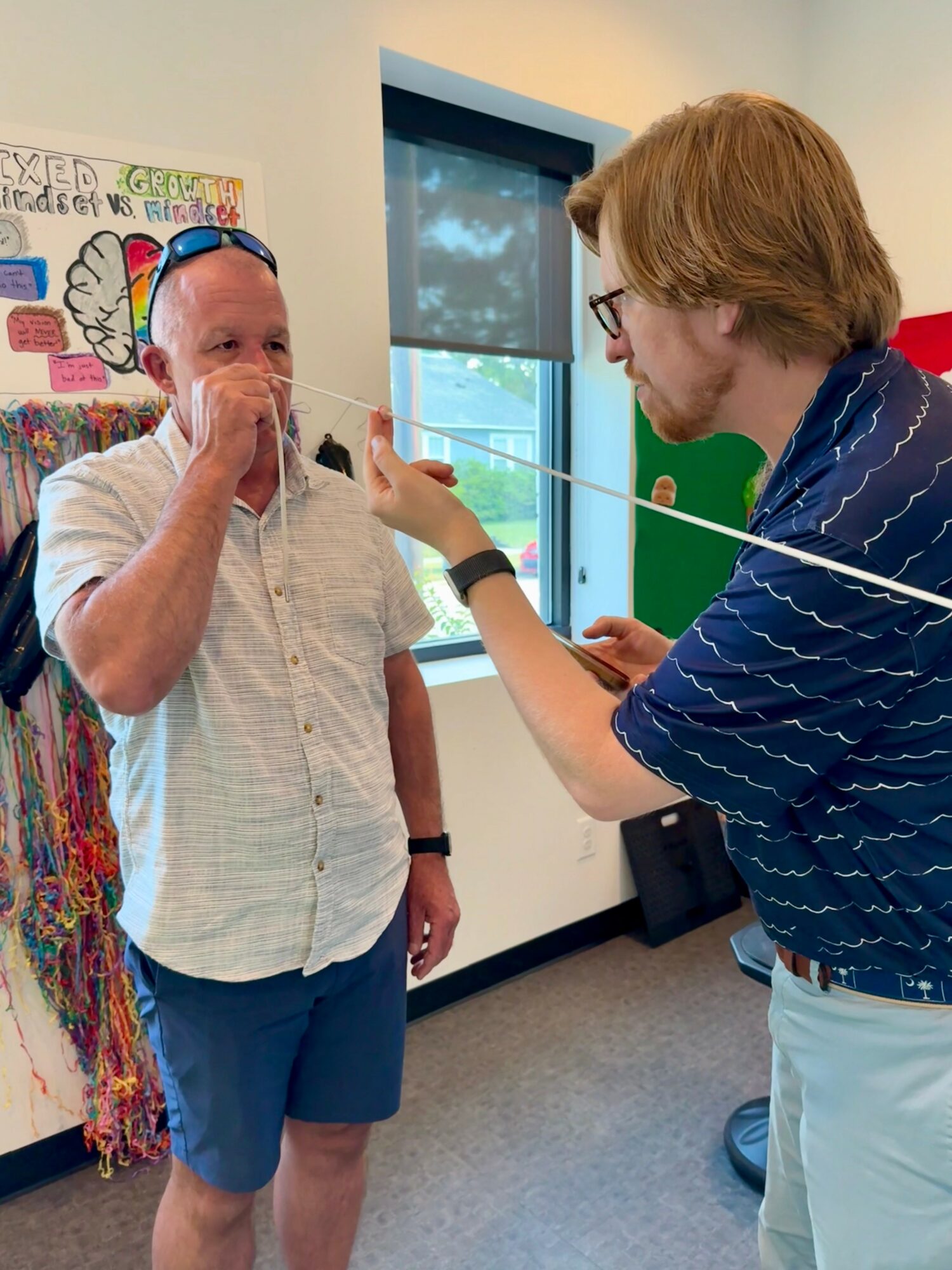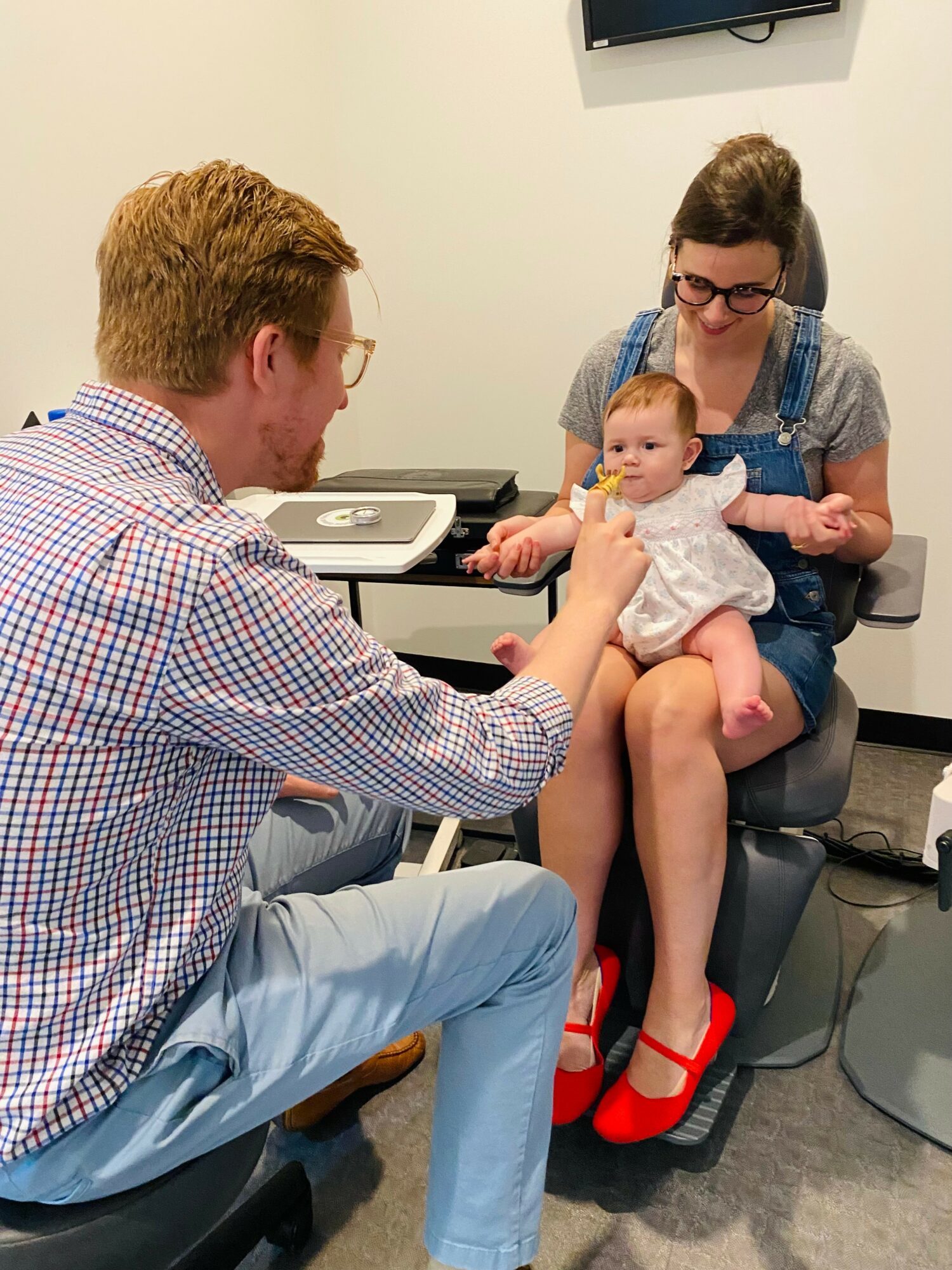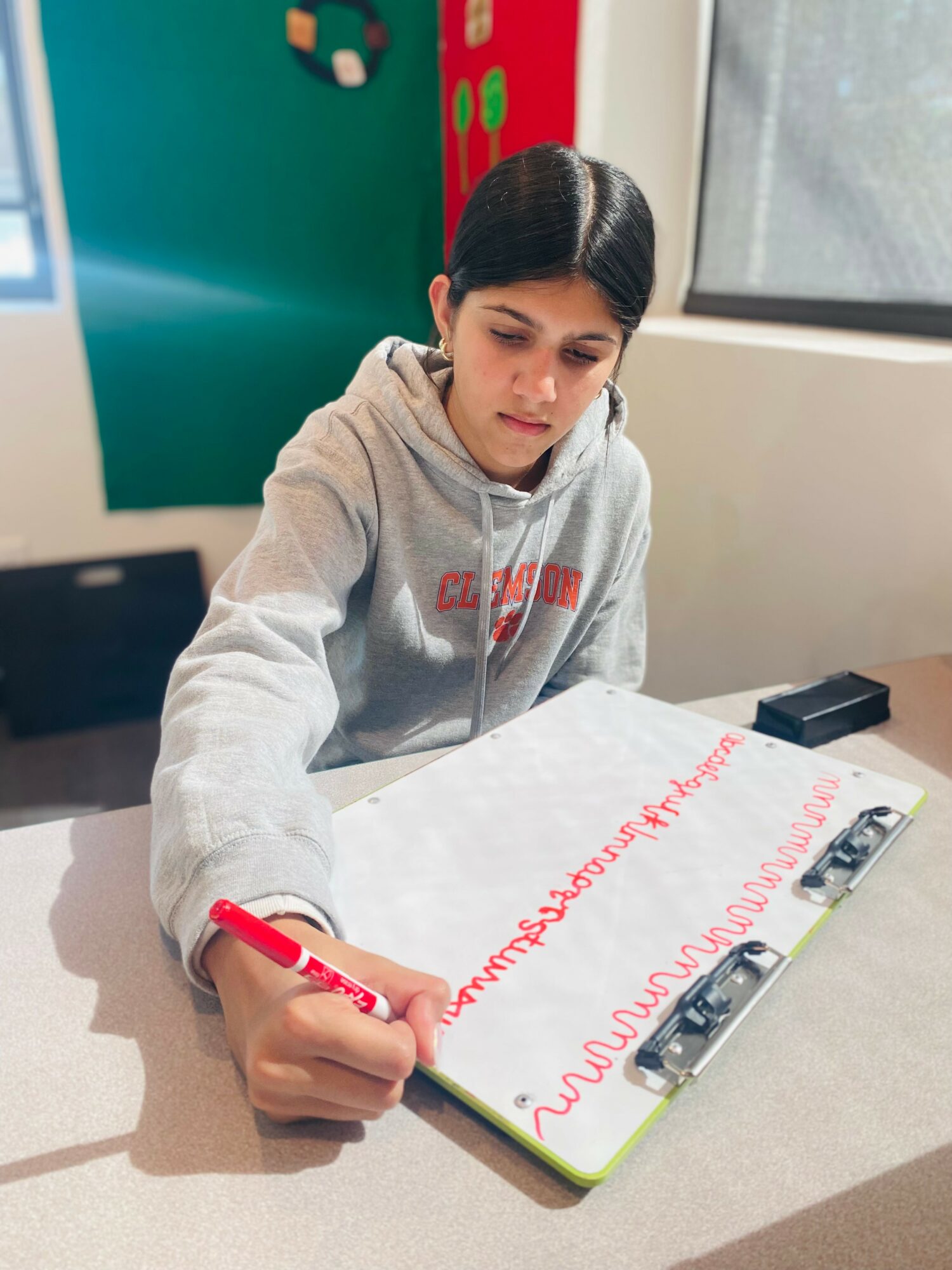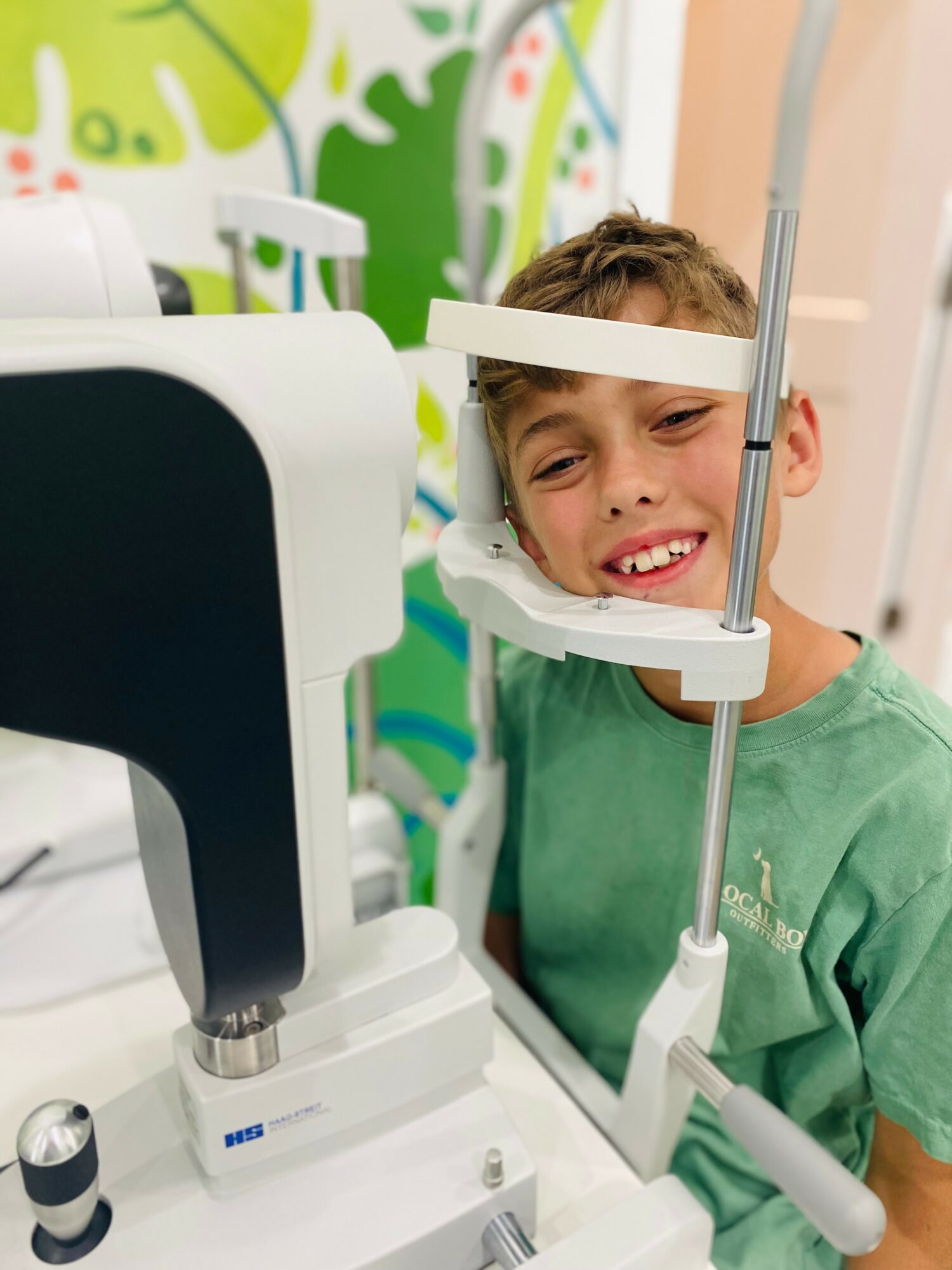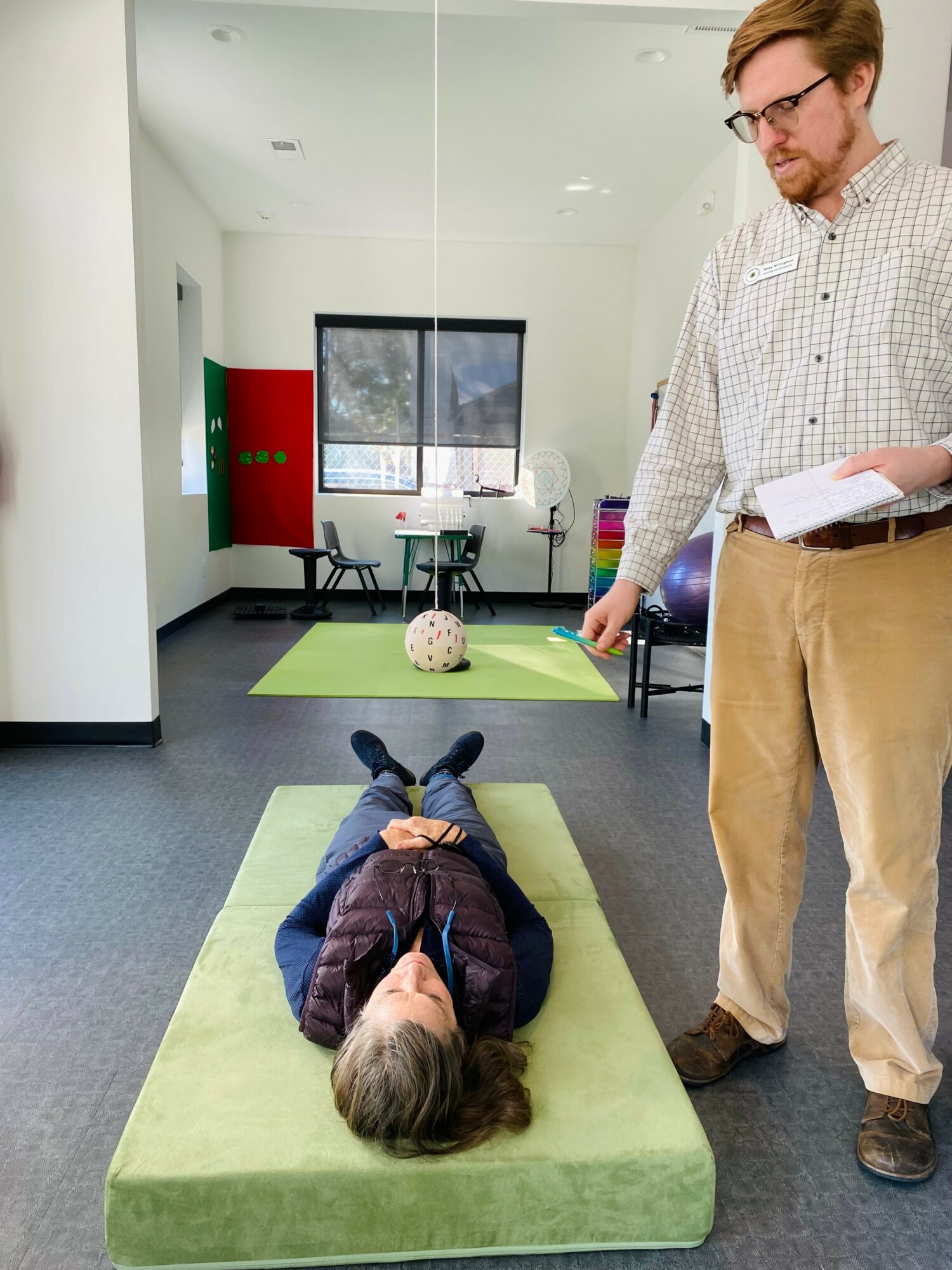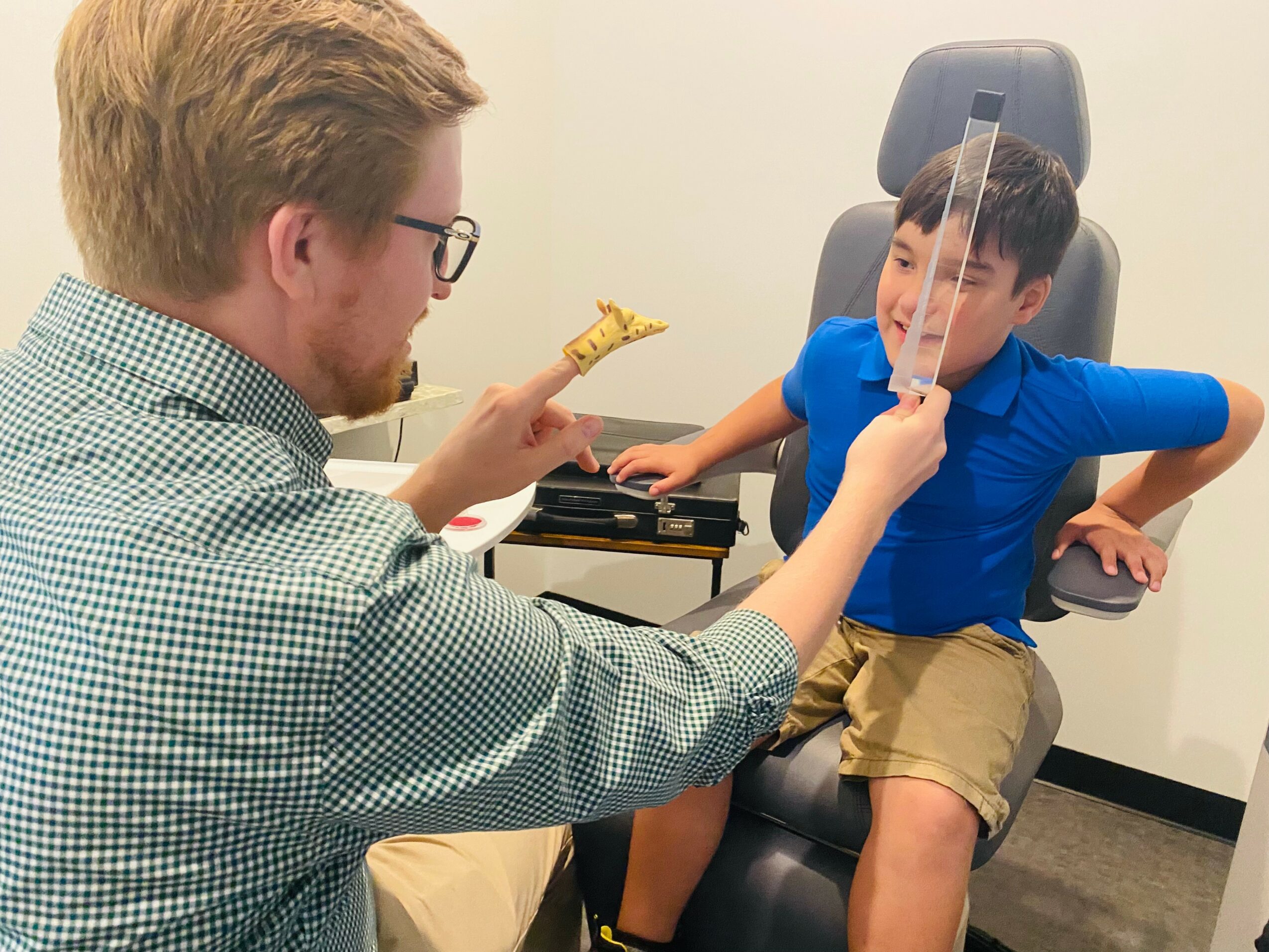

Today we’d like to introduce you to Jesse Willingham.
Hi Jesse, thanks for joining us today. We’d love for you to start by introducing yourself.
I got interested in optometry as a way to help people with something they need every day – their vision. It wasn’t until I got to optometry school that I learned why, even though I’d done so well in high school, I’d always struggled with keeping up with reading. I had an undiagnosed vision problem, even though I’d been going to an eye doctor since middle school. I was able to get help with this and am a much better reader now. It’s my mission to make sure no other kid is held back or feels inadequate because their vision is holding them back in their ability to keep up with their peers, whether that’s in reading, math, or even sports.
Can you talk to us a bit about the challenges and lessons you’ve learned along the way. Looking back would you say it’s been easy or smooth in retrospect?
Starting a new business from scratch, especially in healthcare, is rarely a smooth road. But aside from the typical challenges of entrepreneurship, one of our biggest struggles has been awareness and education. Most people have not heard of vision therapy or know about visual skills. Getting the word out that many children can get the help they need is an uphill battle, but every smiling child, improved report card, and happy vision therapy graduate makes the challenge worth it.
Thanks for sharing that. So, maybe next you can tell us a bit more about your business?
The number one thing anyone should know is that we are not a typical eye doctor’s office. Our specialty practice goes above and beyond seeing 20/20 to ensure that your vision is working for you, not against you.
If you or your child is struggling to perform in work/school or if you’ve received a label or a suspecting a learning disability or ADHD, you should be seen by a trained developmental optometrist.
80% of children diagnosed with dyslexia have ocular motor dysfunction, which can be improved or cured with vision training. Children diagnosed with ADHD are 3x more likely to have a vision problem called convergence insufficiency, which can cause words on a page to appear blurry or like they’re moving or floating, making reading very challenging. This condition can also be very successfully treated with vision therapy.
However, these conditions are almost never considered or tested when a child is being tested for learning and behavior disorders. Things like dyslexia and ADHD should be considered diagnoses of exclusion – they cannot be confirmed, only fit a pattern, so every other possible problem (like convergence insufficiency and ocular motor dysfunction) should be ruled out first.
So maybe we end on discussing what matters most to you and why?
Children matter most to me. They have their whole life ahead of them, but what they do now really sets the stage for the rest of their life. We owe today’s children everything we have and more. It’s our job to leave the world better than it was when we came into it, and that includes setting them up with everything they need to do the same. I don’t want someone to not meet their potential because they have an overlooked vision problem making life harder for them.
Contact Info:
- Website: https://brighteroutlookvision.com/
- Instagram: https://www.instagram.com/brighteroutlookvision/
- Facebook: https://www.facebook.com/BrighterOutlookVision/
- Youtube: https://www.youtube.com/@BrighterOutlookVision
